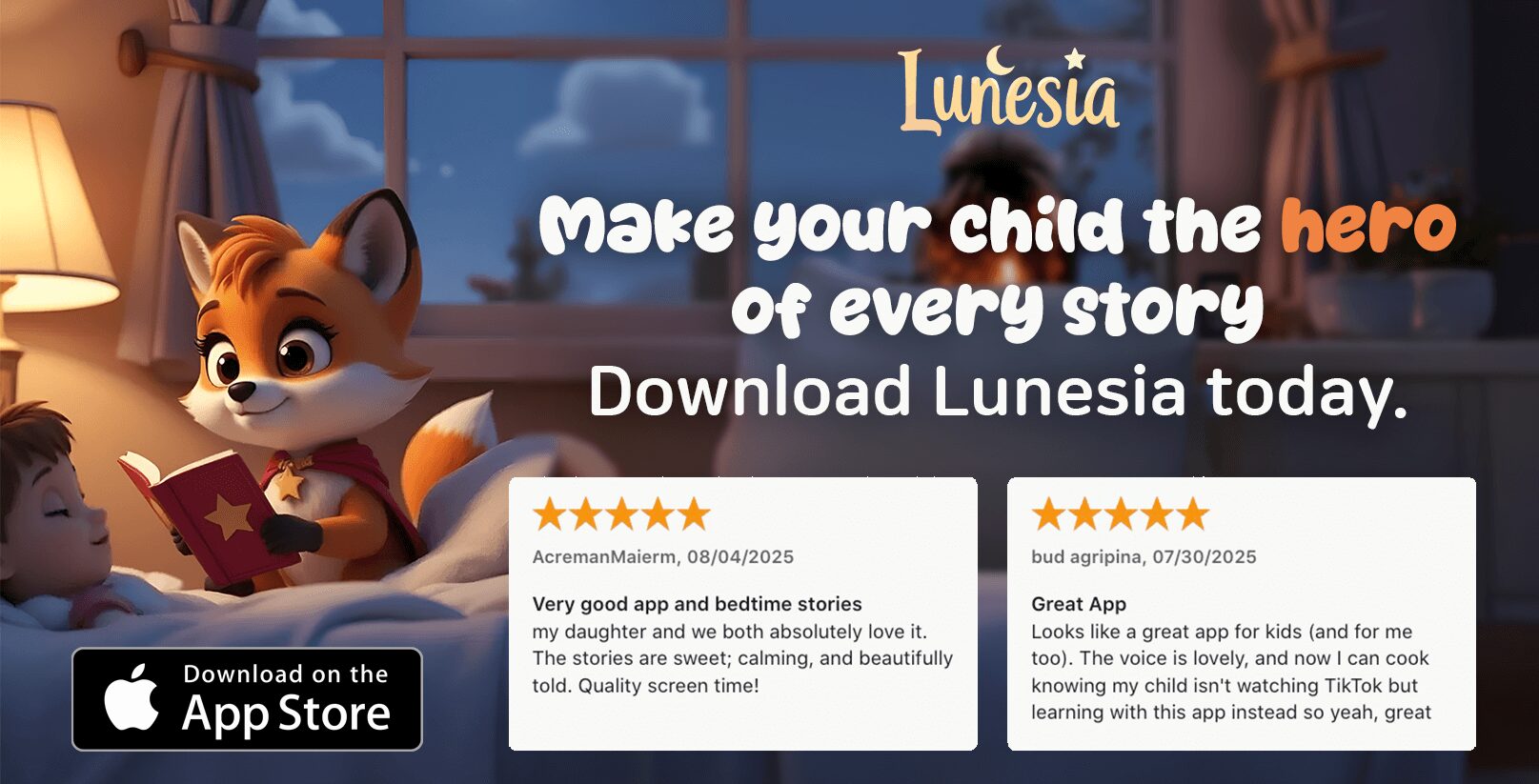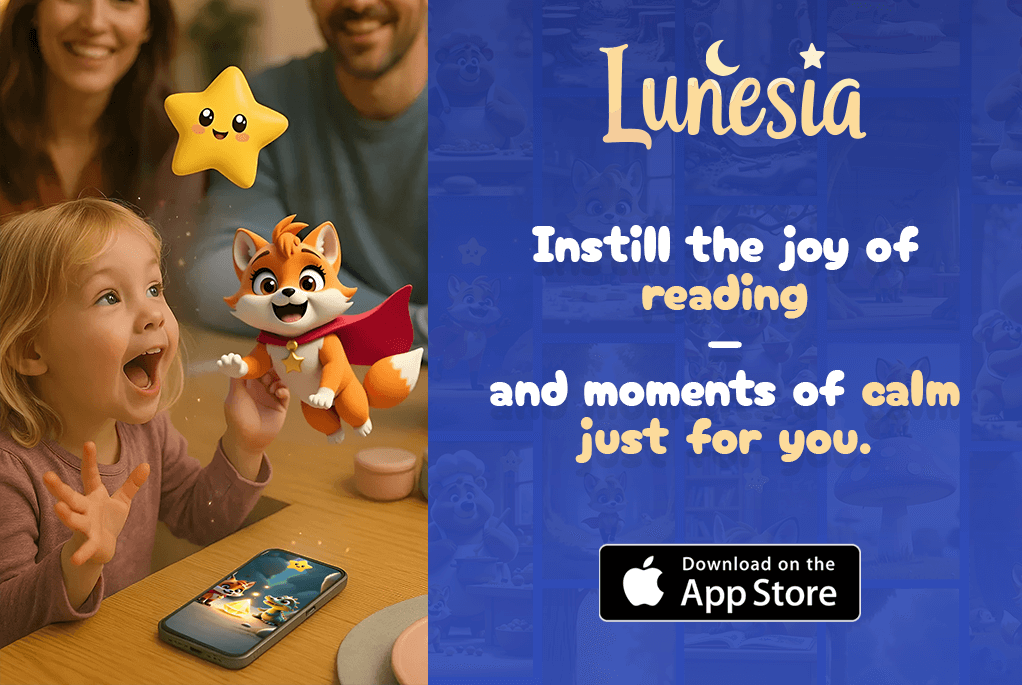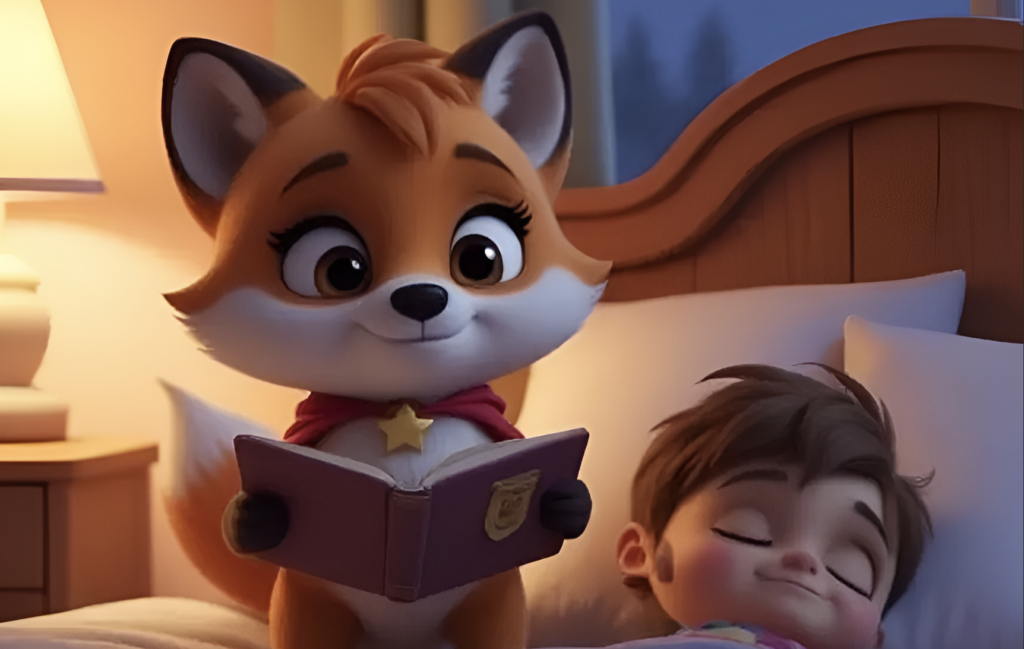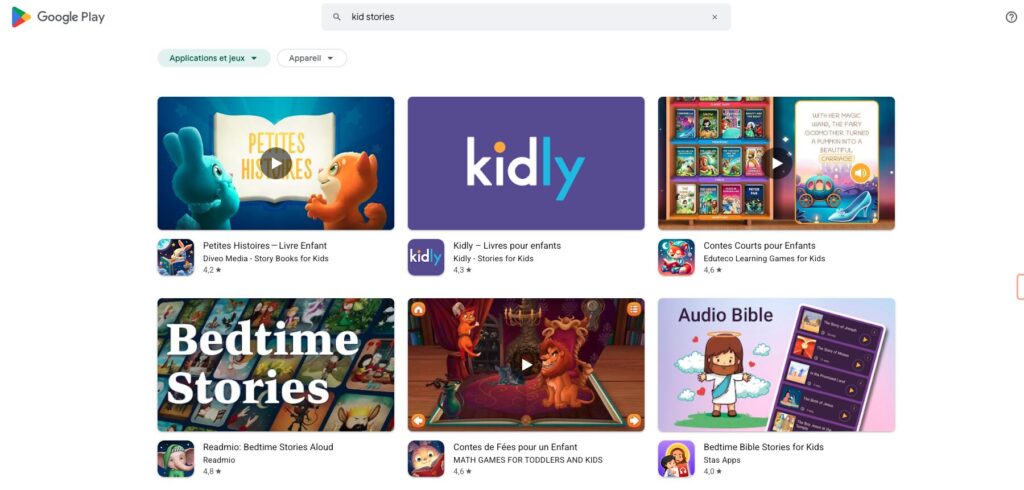Have you ever found yourself torn between picking up a timeless novel or diving into a fresh, modern book? I remember sitting in my favorite reading nook, staring at my list of must-reads, wondering which one would truly resonate with me. It’s a dilemma many of us face—choosing between the enduring charm of age-old narratives and the innovative twists of contemporary storytelling.
Over time, I’ve realized that both have their unique magic. Classic works often reflect universal truths about life, while modern tales bring fresh perspectives and diverse voices to the table. Whether it’s the intricate plots of Jane Austen or the bold creativity of today’s fiction, each has shaped the literary world in its own way.
In this article, we’ll explore the strengths of both approaches. From the emotional depth of timeless tales to the relatable themes in modern narratives, I’ll share insights to help you decide which resonates most with your reading journey. Let’s dive in!
Exploring the Timeless Charm of Classic Narratives
What makes a book stand the test of time? For me, it’s the way these works capture universal truths about life and human nature. Whether it’s the wit of Elizabeth Bennet or the haunting ambition of Victor Frankenstein, these characters feel as real today as they did centuries ago.
Take *Pride and Prejudice* by Jane Austen, for example. This novel isn’t just a love story; it’s a sharp critique of societal norms. Or consider *Frankenstein* by Mary Shelley, a tale that explores the ethical boundaries of science. These books aren’t just fiction—they’re mirrors reflecting our own world.
Iconic Books That Shaped Literature
Some books leave an indelible mark on the literary world. Here’s a list of must-reads that have shaped our understanding of storytelling:
- *Pride and Prejudice* by Jane Austen
- *Great Expectations* by Charles Dickens
- *Frankenstein* by Mary Shelley
These works aren’t just classic books; they’re foundational pieces that continue to inspire modern authors. Their themes—love, ambition, morality—are as relevant today as they were when first written.
Influential Authors and Their Enduring Impact
Authors like Jane Austen and Charles Dickens didn’t just write stories; they crafted legacies. Austen’s sharp social commentary and Dickens’ vivid portrayals of Victorian life have influenced countless writers. Their works remind us that a great book isn’t just about entertainment—it’s about connection.
“A classic is a book that has never finished saying what it has to say.” – Italo Calvino
Here’s a quick comparison of their contributions:
| Author | Notable Work | Key Contribution |
|---|---|---|
| Jane Austen | *Pride and Prejudice* | Social critique and character depth |
| Charles Dickens | *Great Expectations* | Vivid depictions of societal issues |
| Mary Shelley | *Frankenstein* | Exploration of ethical dilemmas |
These authors remind us that a great story isn’t just about the plot—it’s about the lessons it teaches and the emotions it evokes. So, the next time you pick up a classic book, remember: you’re not just reading; you’re connecting with generations of readers who found meaning in the same words.
Modern Storytelling: Innovative Techniques and Trends
Have you ever wondered how storytelling has evolved in the digital age? Today’s narratives are breaking traditional boundaries, blending life and fiction in ways that captivate audiences like never before. From interactive digital platforms to immersive podcasts, modern storytelling is redefining how we experience books and novels.

One of the most exciting trends is the rise of multimedia narratives. Creators are using videos, podcasts, and even social media to tell stories that feel personal and immediate. For example, podcasts like *Serial* have turned true crime into a gripping reading experience, while platforms like Wattpad allow writers to share serialized fiction with global audiences.
Contemporary Adaptations and Digital Narratives
Modern adaptations are breathing new life into traditional formats. Take *The Queen’s Gambit*, a novel turned Netflix series that captivated millions. These adaptations often use visual and auditory elements to deepen the emotional impact of the story.
Interactive storytelling is another game-changer. Video games like *Life is Strange* let players shape the narrative through their choices, creating a personalized reading experience. This approach not only engages audiences but also makes them feel like active participants in the story.
Modern Masterpieces on Film and Podcasts
Films and podcasts are becoming the new books of our time. Movies like *Parasite* and *Everything Everywhere All at Once* explore complex themes with bold creativity. Similarly, podcasts like *This American Life* use memoir-style storytelling to connect with listeners on a deeply personal level.
Here’s a quick list of modern masterpieces that showcase the power of today’s storytelling:
- *The Queen’s Gambit* (Netflix Series)
- *Parasite* (Film)
- *Serial* (Podcast)
These works prove that modern storytelling isn’t just about entertainment—it’s about creating meaningful connections. Whether through a book, a film, or a podcast, today’s narratives remind us that a great story can transcend time and medium.
| Medium | Example | Key Feature |
|---|---|---|
| Film | *Parasite* | Exploration of social inequality |
| Podcast | *Serial* | True crime storytelling |
| Interactive | *Life is Strange* | Player-driven narrative |
As we embrace these innovative techniques, it’s clear that modern storytelling is more than just a trend—it’s a reflection of our evolving world. So, the next time you pick up a book or tune into a podcast, remember: you’re part of a new era of narrative creativity.
Revisiting classic stories: A Bridge to Timeless Narratives
Have you ever revisited a book from your past and found new meaning in it? I recently picked up a novel I first read in high school, and it felt like meeting an old friend who had grown wiser over the years. This experience reminded me why returning to older works can be so transformative—it’s like discovering a bridge between the past and the present.
One of the most remarkable aspects of these books is how their themes remain relevant. Whether it’s love, ambition, or morality, these ideas continue to shape our understanding of the world. For instance, *Pride and Prejudice* isn’t just a romance; it’s a reflection on societal expectations that still resonate today.
The Power of Literary Themes in Past Works
Literary themes from older works often serve as mirrors to our own life. Take *Frankenstein*, for example. Its exploration of ethics and ambition feels just as urgent now as it did in the 19th century. These themes aren’t confined to their time—they evolve with us, offering fresh insights with each reading.
Here’s why revisiting these classic books can be so enriching:
- They provide a deeper understanding of human relationships.
- They encourage us to reflect on societal dynamics.
- They remind us of the artistry and depth in older narratives.
Consider *Great Expectations*. Its portrayal of ambition and self-discovery feels just as relevant today. By revisiting this novel, I found myself reflecting on my own journey and the choices I’ve made.
“The best books are those that speak to you differently at every stage of life.”
Here’s a quick look at how these themes persist in modern storytelling:
| Classic Work | Theme | Modern Influence |
|---|---|---|
| *Pride and Prejudice* | Societal Expectations | Modern rom-coms exploring relationships |
| *Frankenstein* | Ethics in Science | Sci-fi narratives questioning technology |
| *Great Expectations* | Ambition and Identity | Coming-of-age stories in contemporary fiction |
Revisiting these works isn’t just about nostalgia—it’s about rediscovering the profound connections they have with our inner lives. So, the next time you pick up an old book, take a moment to reflect. You might find that it has something new to say to you.
Listicle Highlights: Must-Read Classics and Modern Masterpieces
What if your next favorite read is just one list away? Whether you’re a fan of timeless novels or crave the freshness of modern fiction, I’ve curated a selection that bridges the gap. This list is designed to inspire, whether you have hours to dive into a book or just a few minutes for a quick escape.

Penguin Editors’ Top Recommendations
Penguin Editors have handpicked some of the most influential works in literature. These books are not just great reads—they’re cultural milestones. Here are a few standouts:
- Pride and Prejudice by Jane Austen: A timeless exploration of love and societal norms.
- Beloved by Toni Morrison: A haunting tale of life after slavery.
- The Handmaid’s Tale by Margaret Atwood: A dystopian story that feels eerily relevant.
These works are more than just fiction—they’re windows into different eras and perspectives.
Standout Short Reads for Busy Lives
Short on time but still want a great story? These concise reads pack a punch:
- The Little Prince by Antoine de Saint-Exupéry: A poetic journey through life and relationships.
- A Wrinkle in Time by Madeleine L’Engle: A quick yet profound sci-fi adventure.
- Where the Sidewalk Ends by Shel Silverstein: A collection of whimsical poems perfect for a quick escape.
These books prove that great storytelling doesn’t require hundreds of pages.
Exploring Lesser-Known Gems
Sometimes, the best books are the ones you haven’t heard of yet. Here are a few hidden treasures:
- Lanark: A Life in Four Books by Alasdair Gray: A surreal blend of fiction and autobiography.
- Woman on the Edge of Time by Marge Piercy: A thought-provoking exploration of gender and society.
- I, Lucifer by Glen Duncan: A darkly humorous take on the devil’s perspective.
These lesser-known works offer unique voices and fresh perspectives, making them perfect for adventurous readers.
“A great book is a friend that never lets you down.”
Whether you’re drawn to the elegance of Jane Austen or the boldness of modern fiction, this list has something for everyone. So, grab a book, find your favorite reading spot, and let these masterpieces transport you to new worlds.
Conclusion
The beauty of storytelling lies in its ability to transcend time. Whether it’s the enduring wisdom of Jane Austen or the bold creativity of a modern memoir, every book offers something vital. These narratives shape our understanding of life and connect us across generations.
Over time, both classic and modern works have enriched our cultural and personal perspectives. They remind us that a great novel isn’t just a thing to read—it’s an experience to cherish. From societal critiques to personal journeys, these stories leave a lasting impact.
I encourage you to explore the lists and recommendations shared earlier. Dive into a book that speaks to you, whether it’s a timeless tale or a contemporary masterpiece. And don’t forget to share your thoughts—this journey is one we take together.
FAQ
What makes classic tales different from modern stories?
Classic tales often focus on universal themes and character depth, while modern stories tend to experiment with innovative techniques and formats, reflecting contemporary issues.
Why should I read classic books?
Classic books offer timeless insights into human nature, culture, and history. They’ve shaped literature and continue to inspire readers and writers alike.
Who are some influential authors from classic literature?
Authors like Jane Austen, Charles Dickens, and Mark Twain have left a lasting impact with their memorable characters and thought-provoking narratives.
How has modern storytelling evolved?
Modern storytelling embraces digital platforms, podcasts, and film adaptations, making narratives more accessible and engaging for today’s audiences.
What are some modern masterpieces worth exploring?
Works like “The Night Circus” by Erin Morgenstern and “The Underground Railroad” by Colson Whitehead are celebrated for their creativity and relevance.
Can revisiting classic stories still be relevant today?
Absolutely! Classic stories often address themes like love, ambition, and morality, which remain relevant across generations.
What are some must-read books recommended by Penguin Editors?
Penguin Editors often recommend titles like “Pride and Prejudice” by Jane Austen and “1984” by George Orwell for their enduring significance.
Are there shorter classic reads for busy schedules?
Yes, novellas like “The Metamorphosis” by Franz Kafka or “Of Mice and Men” by John Steinbeck are perfect for quick yet impactful reading.
What are some lesser-known gems in literature?
Books like “Stoner” by John Williams or “The Master and Margarita” by Mikhail Bulgakov are hidden treasures worth discovering.




